Assessment of Project ECHO(R) Opioid Use Disorder Sessions for Primary Care Teams [Education and training]
Annals of Family Medicine
NOVEMBER 20, 2024
Unfortunately, most individuals suffering from OUD do not have access to necessary care. While primary care (PC) settings have the potential to bridge this gap in care, many care teams lack the education and training required to effectively manage patients with OUD.

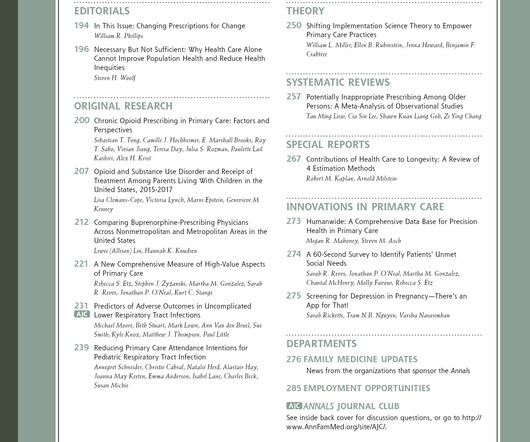
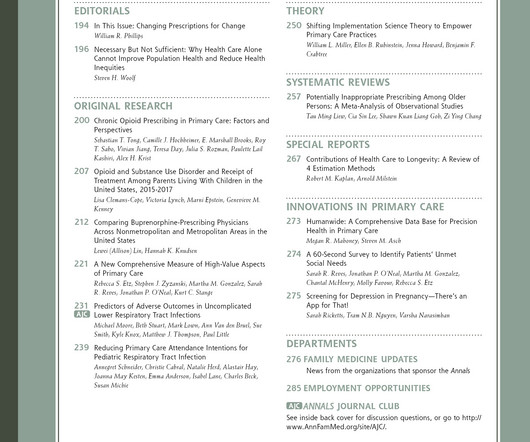
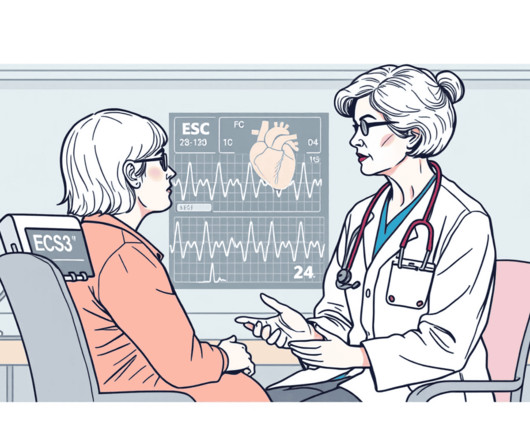
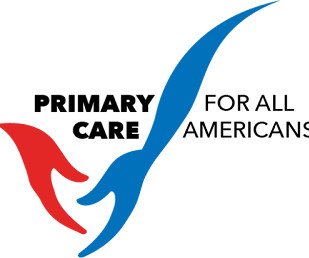
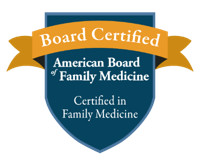
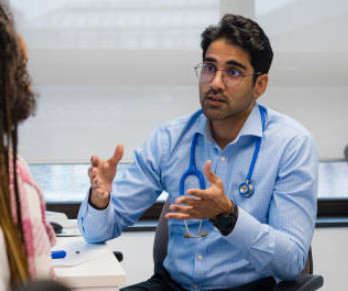
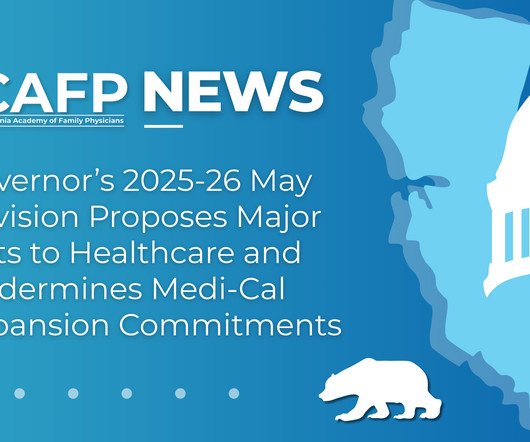


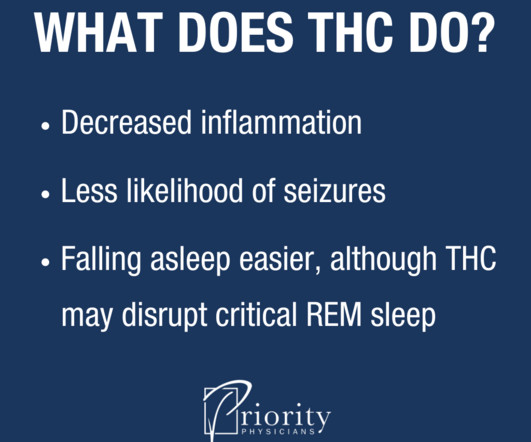





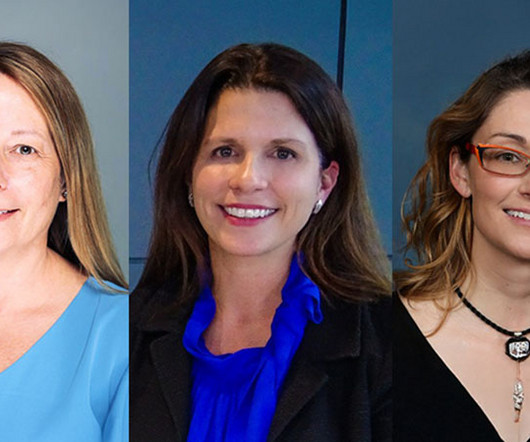
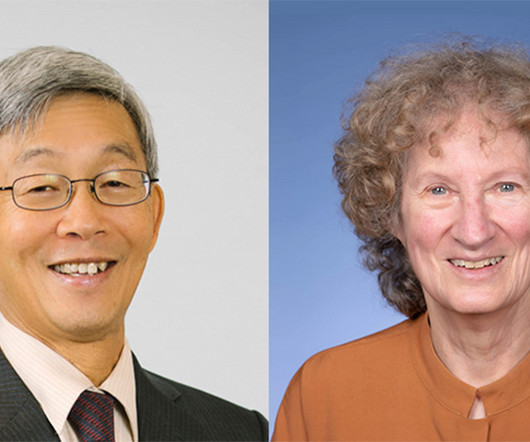









Let's personalize your content